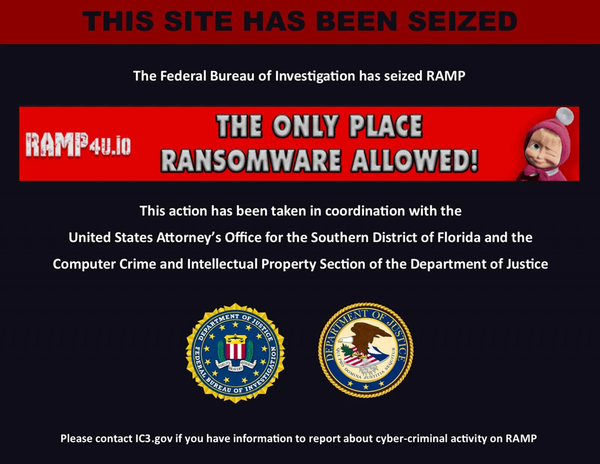Scattered LAPSUS$ Hunters claims dossiers on US officials including NSA employees
EU cops bust up illegal SIM-box service, Russia's COLDRIVER uses two new backdoors, Korea preps financial consumer data protection bill, 76K WatchGuard Firebox network security appliances are exposed on the web, Attackers target OpenVSX and Microsoft Visual Studio with GlassWorm malware, much more





